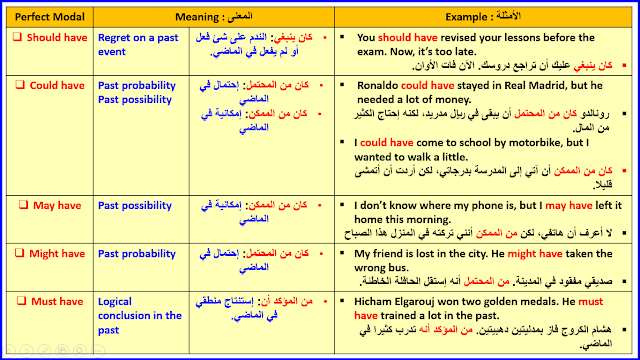

- #PRESENT SIMPLE MODAL VERBS EXERCISES DOWNLOAD#
- #PRESENT SIMPLE MODAL VERBS EXERCISES FREE#
FREE Book! PhotocopiaBRILL! 101 worksheets for effective English lessons!. FREE BOOK! Discussion Questions for English Classes. FREE Book! Check It Again! (Book One) – Error Correction. FREE Book: Differences in Polish and English Languages. FREE Big Resource Book for ESOL Lessons by Matt Purland. FREE Big Grammar Book Intermediate – by Matt Purland. FREE Big Activity Book for ESOL Lessons by Matt Purland. 80 Great Ideas for Role Plays in English!. 5 Rules for Predicting Sounds from Spelling in English – by Matt Purland. 
#PRESENT SIMPLE MODAL VERBS EXERCISES DOWNLOAD#
27 FREE Books for Teaching English (PDF) – Digital Download. FREE Books for Teaching and Learning English!. Discussion Questions for English Classes. Days of the Week – Online Jigsaw Puzzle. Hard Words – English Pronunciation Course. I Have Twenty Fingers …and 159 other common Polish-English Errors. Matt Purland – Effective English Teacher. ELT Books and Resources by Matt Purland. See also the free worksheet pack and podcast: 26 Past, Present, and Future Uses of Would: 26-past-present-and-future-uses-of-would-complete-packįree Podcast: 26 Past, Present, and Future Uses of Would (MP3, 25 MB): We use ‘will’ to make the tense ‘future simple’: subject + will + infinitive = I will go shopping later. Modal perfect: ‘would have’ means an action that you were willing to do in the past, but did not do: ‘I would have made dinner, but she didn’t want me to.’ The past form of ‘will’ is ‘would’: ‘I will help you’ (present) – ‘He said he would help me.’ (past). Modal perfect: ‘could have’ means an action that was possible in the past, but did not happen: ‘I could have learned to swim, but I didn’t.’ The future form of ‘can’ is ‘will be able to’. We can also say ‘I used to be able to swim’ (see below). The past form of ‘can’ is ‘could’: ‘I can swim’ (present) – ‘I could swim’ (past). See also the free worksheet List of Contractions and Mega Contractions: list-of-contractions-and-mega-contractionsĥ.4.8 Read more about each modal verb and their most common uses below: 
The table below shows (with Clear Alphabet) how modal verbs can be pronounced with weak forms: Modal verbs are function words and as such are not usually stressed. 5.4.7 A note about contractions and modal verbs: while we usually contract the negative forms, we cannot contract all modal verbs:







 0 kommentar(er)
0 kommentar(er)
